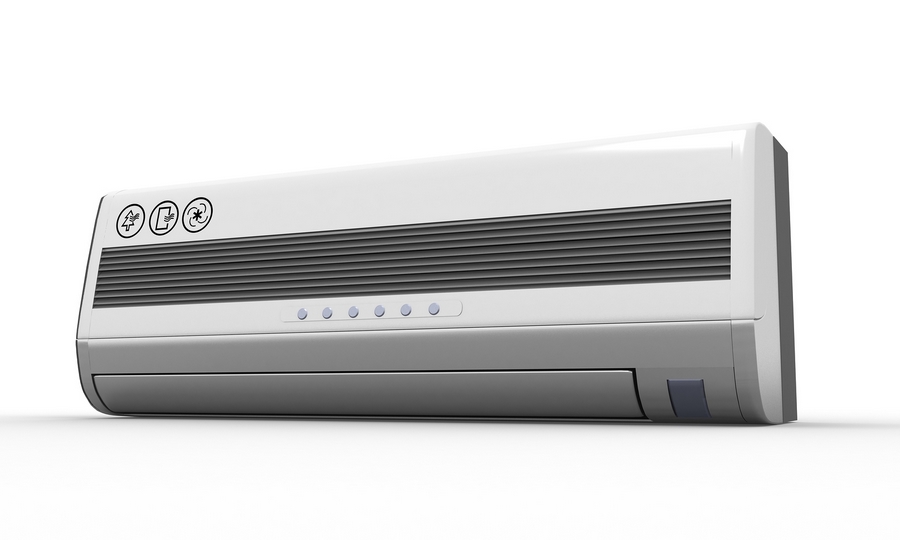Getting hurt on the job can be a stressful incident for any Canadian resident. After all, you go to work thinking that you will be safe and sound during your shift. Getting hurt on the job throws you off mentally and emotionally because it’s the last place you expect to get hurt. You have a few options for handling your workplace injury. The following are three options and some information on whether they are good options for you:
1. Do Nothing
Some people opt to handle personal injuries in the workplace by doing nothing. Such people sometimes do not feel as though their injuries are not serious enough or “important enough.” Other people do not do anything about their injuries because they do not feel pain at first. You should never choose this as an option, even if you are in a state of shock. Some injury pains take a while to kick in. In the meantime, you may put yourself out of legitimate compensation because you do not want to take the appropriate steps.
2. File for Workers’ Compensation
Workers’ compensation is a benefit that is available to you whether you are responsible for your incident or not. You can collect workers’ compensation as long as you can prove that you have a legitimate injury, and the injury happened on the job. You will receive some pay for the time that you cannot work because of your injury. To file for workers’ compensation, you must notify a supervisor of your injury as soon as possible. The employer will then file the necessary paperwork, and your case will go through the Workers’ Compensation Board. You will be expected to cooperate fully with all parties that are involved in this process. That means you will need to visit the doctor if they tell you to visit a doctor and follow the advice that the doctor gives you about work restrictions, returning to work and so on. Workers’ compensation does not take into account who is at fault for the injury. That does not matter.
3. Contact Personal Injury Lawyers
You may be able to speak to personal injury lawyers and file a suit against your employer in that case, as well. Unlike workers’ compensation, personal injury compensation is only feasible if your employer was responsible for the injury that you received. You cannot collect workers’ compensation if you are suing for personal injury and vice versa. You must make a decision quickly. You can receive help making your decision by scheduling a consultation with a personal injury lawyer. The attorney can tell you if you have a proper case to say that your employer was indeed responsible for your accident.
Some people opt to handle personal injuries in the workplace by doing nothing. Such people sometimes do not feel as though their injuries are not serious enough or “important enough.” Other people do not do anything about their injuries because they do not feel pain at first. You should never choose this as an option, even if you are in a state of shock. Some injury pains take a while to kick in. In the meantime, you may put yourself out of legitimate compensation because you do not want to take the appropriate steps.
2. File for Workers’ Compensation
Workers’ compensation is a benefit that is available to you whether you are responsible for your incident or not. You can collect workers’ compensation as long as you can prove that you have a legitimate injury, and the injury happened on the job. You will receive some pay for the time that you cannot work because of your injury. To file for workers’ compensation, you must notify a supervisor of your injury as soon as possible. The employer will then file the necessary paperwork, and your case will go through the Workers’ Compensation Board. You will be expected to cooperate fully with all parties that are involved in this process. That means you will need to visit the doctor if they tell you to visit a doctor and follow the advice that the doctor gives you about work restrictions, returning to work and so on. Workers’ compensation does not take into account who is at fault for the injury. That does not matter.
3. Contact Personal Injury Lawyers
You may be able to speak to personal injury lawyers and file a suit against your employer in that case, as well. Unlike workers’ compensation, personal injury compensation is only feasible if your employer was responsible for the injury that you received. You cannot collect workers’ compensation if you are suing for personal injury and vice versa. You must make a decision quickly. You can receive help making your decision by scheduling a consultation with a personal injury lawyer. The attorney can tell you if you have a proper case to say that your employer was indeed responsible for your accident.











